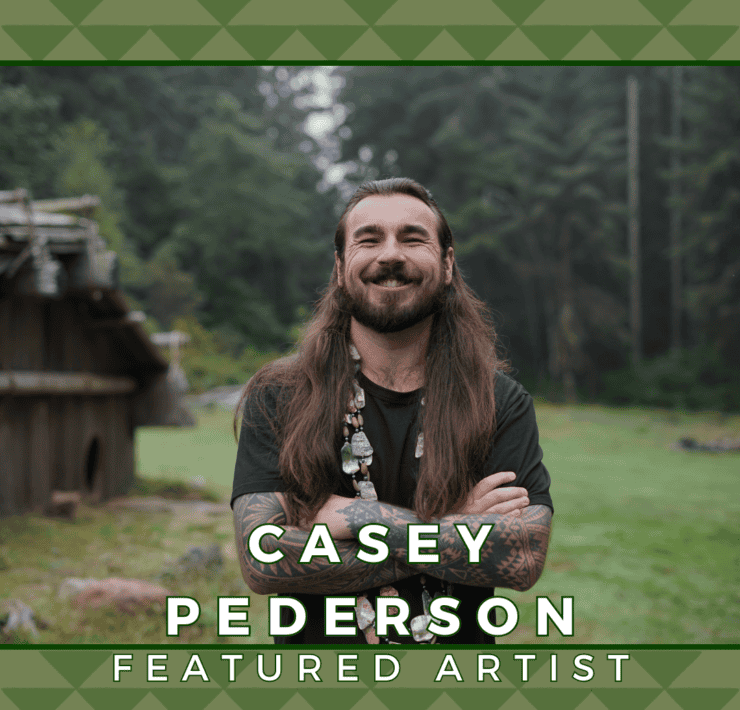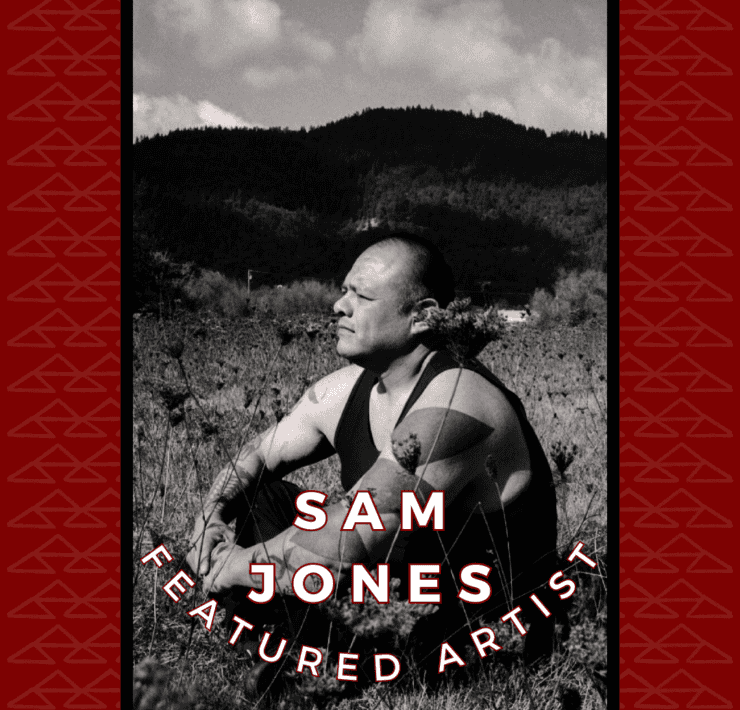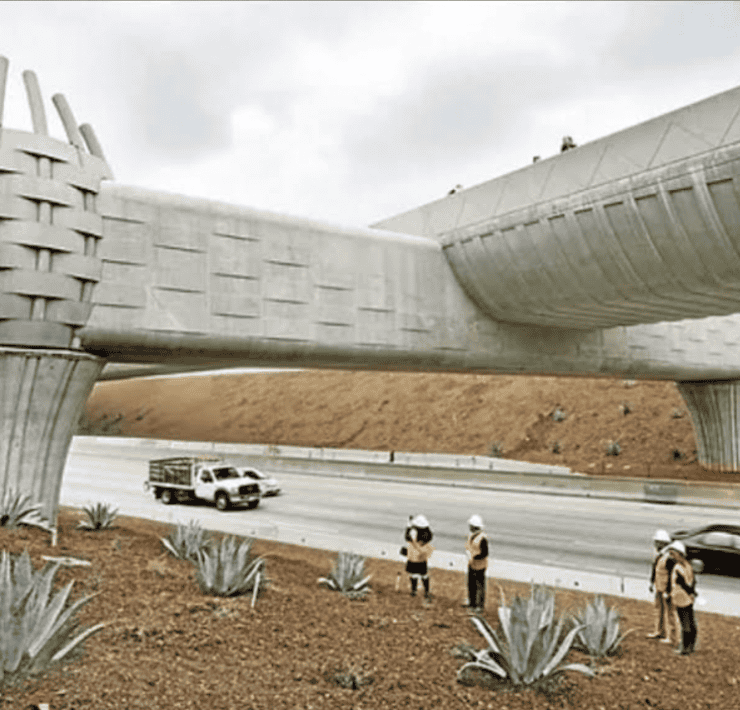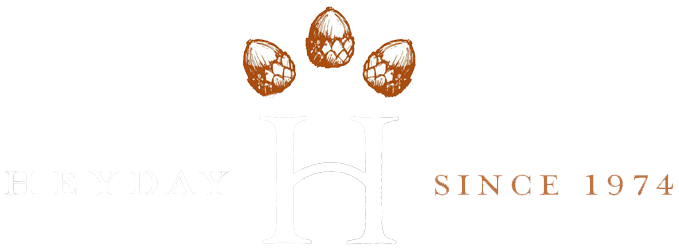
I first spoke to Mona Recalde earlier this fall about the name change for the 210 interstate. Well-spoken and incredibly knowledgeable, Mona is dedicated to ensuring that people know who’s land they stand on. As a enrolled member of the Gabrieleno/Tongva San Gabriel Band of Mission Indians, she is actively dedicated to her tribe and her community. She is also an entrepreneur having started her online store LAN8V (pronounced: LA Native) three years ago. LAN8V sells t-shirts and sweatshirts utilizing a minimalist design to express a very powerful message: you are on native land.
What is special and unique about Mona’s pieces is the vast amount of peoples she represents on her shirts from Miwok to Wappo to Potawatomi. Her shirts are not just representative of California Native people but across the country and even in Canada. She also has shirts with playful declarations, with my favorite one reading: “Decolonization is my love language”.

Mona started LAN8V three years ago in response to a couple of social issues that were coming to the surface, but one had been an issue she’d been aware of for a long time-the lack of visibility of the Gabrieleno/Tongva people in Los Angeles.
“There are a lot of times when Los Angeles is deemed as Chumash land because we are right next to a federally recognized tribe that has a casino that’s very large. But the Chumash were not in LA.”
Mona gave examples of how this misrepresentation permeates in pop culture references and Los Angeles based events.
“It was stated in Rez Dogs that we were Chumash. The Dodgers have Indigenous Peoples Day and they have San Manuel there, [but] they don’t invite us. They’re like all of these little things that happen that kind of have ticked to the fact [that I needed to defend] our land in some way from a visibility perspective. . . And I know that our tribe is not the only tribe that has this issue. It’s just we’re in LA, the largest city and there you go.”
Mona’s reflection on her tribe’s struggle to be acknowledged and seen in their own lands made me consider how representative that actually is of the California Indian experience. But as Mona stated, Los Angeles being a large metropolitan city plays a significant role in the lack of visibility too.
“It’s challenging because it’s hard to see the parts and places of where our ancestral roots, even though they in fact, are all over. We don’t necessarily have that visibility and are based on systematic oppression and the institution that tried to eradicate us. So the fact that there are so few of us, you know, remaining and then the advocacy work that we try to do, it’s a challenging landscape to be in Los Angeles.”

If you haven’t already gleaned, Mona is a true community leader with LAN8V being an extension of the advocacy work she is already doing. As for many of us, her dedication comes from a recognition of how coming together is a central form of healing colonial fracturing.
“Community is really important. I think that it’s something that just as a whole is missing in our society. People try to find community in all the different parts and places and spaces that they can. [If we go back to] pre-contact [times], we lived in a tribe, that was our community and in our community we shared. If there was a tree with fruit, we wouldn’t pick it just for me or my family or like, you know, being a California Native, if there were acorns, I wouldn’t gather just for my family. I would gather for my entire tribe, for everybody that was there. That mentality of community that has that accountability into something greater, as well as being connected into something is missing [in our society]. And I think that’s why you end up with a lot of like different subgroups in our society. But in the native community, it’s a sense of belonging and it’s a sense of people attaching. And so [community becomes] a way of identifying with who [we] are, as well.”
I asked Mona, if she’d seen any changes in visibility since opening her store. Indeed, three years ago, a lot of changes were happening from being in the height of the pandemic to more awareness of social inequity across the country.
“[2020] brought more awareness to diversity, equity and inclusion across the board. It was a turning point where there was more of an emphasis or acceptance of people being different and what their differences are. So I think that going back to when you asked, what was in my mind [when I started LAN8V], that was in my mind, that was another big part of what was in my mind at that time. But the increase in sales shows an increase in awareness about [land acknowledgement], using your shirt as a billboard to say that you’re on Indian Country and that people want to support a Native woman.”
Visibility is an important aspect of cultural education. I was curious to see how Mona saw cultural education and the important role it played in decolonial processes. She expressed that it was important because it helps to teach others appropriateness when living on land that is not their ancestral home. But it also is a means of helping in healing and revitalizing where there has been hurt.
“With cultural education comes the desire for people to want to help to improve the situation. Because when you’re aware of the atrocities that have happened to our people, that are not well taught in schools, that resonates with you as a human being. If you’re not called to action on that, then I’m not sure what would call you to action. And I’m not saying wearing a t- shirt solves world problems, don’t take it that way at all! I’m just saying that from a visibility perspective [it helps] and then ensuring that people can find out what gifts they have and how their gifts can then make a difference.”
Maybe it won’t solve world problems but it definitely starts the conversation!
When it comes to offering advice Mona suggests that it’s important to have patience in learning the process but, at the same time, to jump into it!
“I would say it’s just something that you just have to jump in and do. You’ll figure it out as you go. Because if you’re waiting to be ready, you’re never going to be ready. And you have to know exactly what you’re doing and why you’re doing it.”
Mona’s ‘why’ has always been visibility and this is never more clear than asking her what her dream is for LAN8V.
“I recently traveled to an airport and [this is a] pipe dream, but definitely would love that when you go to airports, when you land, it would say whose ancestral land you’re on. Whether that’s you know on a marquee or they’re selling t-shirts that say whose land you’re on. Something that identifies who’s whose ancestral land you’re on. I just think that would be amazing.”
It really would!
—
It takes a community!
When it comes to supporting Mona, she said:
“I would say if they have the means to buy a shirt for whatever their ancestral land is, and if not, share the information about that the business does exist and that people can hopefully find their homelands on, you know, available on this shop. And if not, let me know and we’ll create it!”
You can find her store on Etsy or Amazon:

